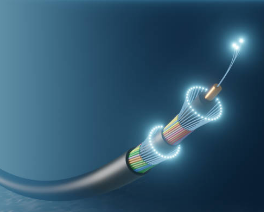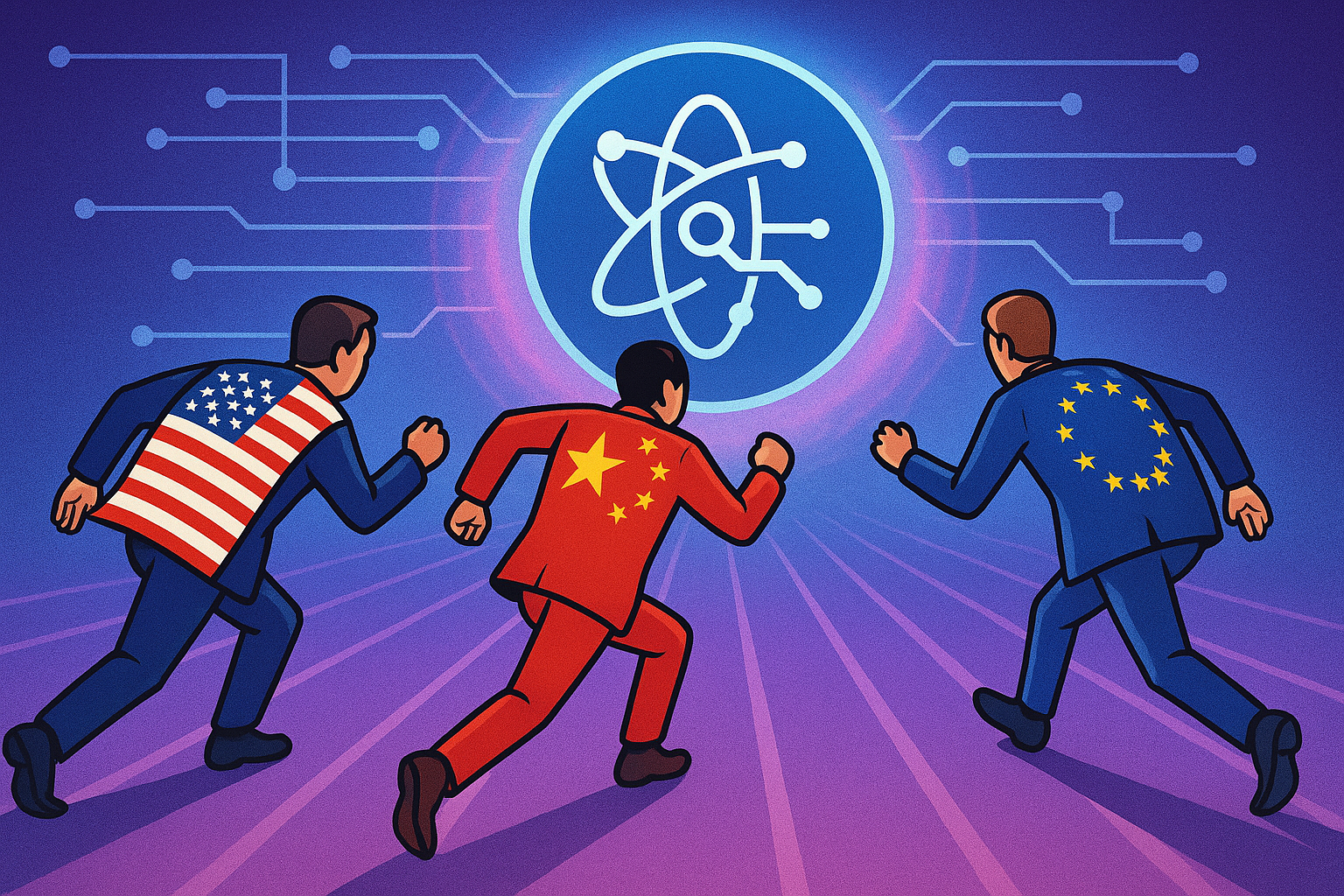Chinese researchers have developed an innovative method to extract water and generate fuel from lunar soil, offering a potentially game-changing solution for future Moon missions.
By harnessing a ‘photothermal strategy’—a technique that converts light into heat—they demonstrated how carbon dioxide exhaled by astronauts could be transformed into oxygen, hydrogen, and carbon monoxide using water extracted directly from Moon dust.
The breakthrough, detailed in the journal Joule, centres on integrating water extraction with gas conversion in a single, energy-efficient step.
Professor Lu Wang from the Chinese University of Hong Kong, Shenzhen, described the discovery as a surprise, especially the soil’s unexpected catalytic potential. The integrated system could dramatically reduce reliance on costly Earth-supplied water, currently at about $83,000 per gallon.
The team used actual lunar samples collected during China’s Chang’E-5 mission to test their method. These samples, retrieved from the Moon’s near side in 2020, helped validate the concept in controlled lab conditions.
However, researchers caution that challenges such as radiation, microgravity, and extreme temperature fluctuations may complicate implementation on the Moon’s surface.
Even so, the results underscore the rapid progress of space programme in China. From relative obscurity just two decades ago, the country now positions itself as a frontrunner in building a sustainable Moon base, with ambitions to establish a permanent outpost by 2035.
Would you like to learn more about AI, tech and digital diplomacy? If so, ask our Diplo chatbot!










